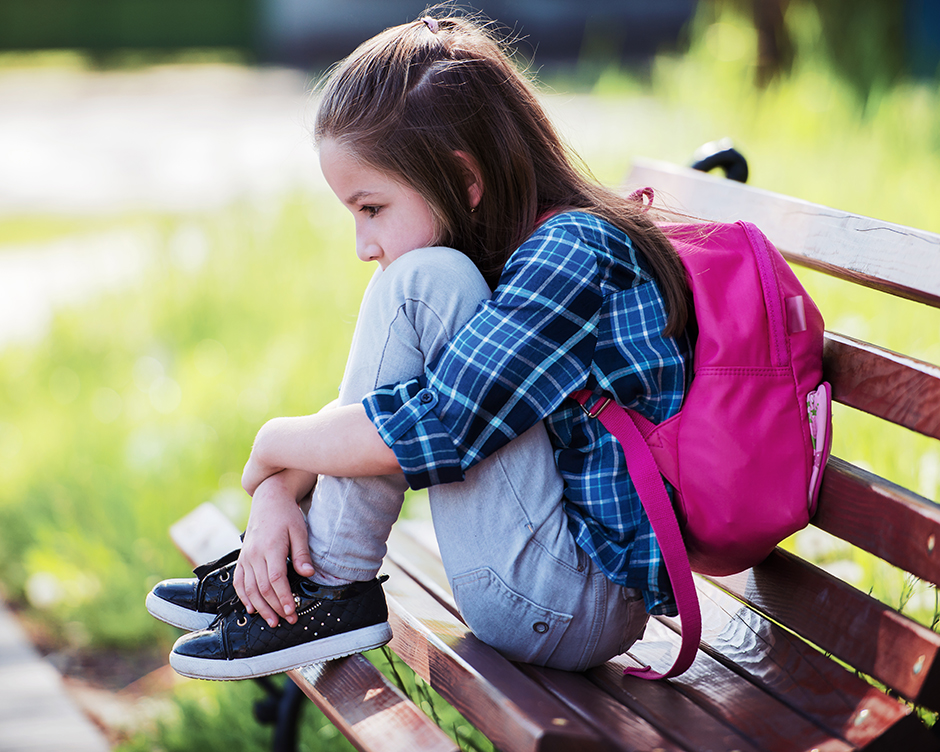CHILD HEALTH
UCI sociologist Kristin Turney studies how parental incarceration and foster care
impact the health, behavior, and life outcomes of highly vulnerable populations
Conditions out of a child’s control can have a tremendously negative impact on health, behavior, and later life outcomes. Just ask Kristin Turney, UCI sociologist. Her research dives deeply into the long-term penalties of parental incarceration and the often overlooked disadvantages it causes for the children left behind.
Learning disabilities, ADHD, behavioral and conduct problems, developmental delays, and speech and language problems are all very real outcomes children face when their pathways intertwine with parental incarceration. Given its unequal distribution across the U.S. population, she finds incarceration to be a major player in creating racial and social class inequalities in children’s health. And that’s an issue that touches more than 2.6 million U.S. children who have a parent in jail or prison at any given time.
Her research on the topic has been published in the Journal of Health & Social Behavior, and it’s the subject of a book she’s working on with a one-year fellowship funded by the Russell Sage Foundation.
She also studies another vulnerable population: children in foster care. Children in the U.S. who are in foster care have significantly greater mental and physical health risks than children who are not in the system.
Her research finds that developmental delays, learning disabilities, behavioral problems, asthma, obesity, and depression are all experienced at greater rates among children who are placed in foster care.
Her work, which has been published in Pediatrics, is the first to offer a health comparison using a nationally representative sample of U.S. children.
“Each year, nearly 1% of U.S. children spend time in foster care with 6% of U.S. children
placed in foster care at least once before their 18th birthday. The health outcomes
this segment faces are significant and require a closer look if we are to understand
how foster care really affects child well-being.”

Children who have spent at least some time in foster care struggle more in school, have trouble finding employment, and abuse drugs and alcohol in early adolescence and early adulthood more than their non-foster peers.
Across the board, she found kids in foster care carried with them the maltreatment and risk factors that put them into the foster system – poverty, parental drug and alcohol abuse, neighborhood disadvantage, and epigenetics.
“They experience more depression/anxiety, ADHD, and behavioral/conduct problems than children living with two biological parents and children living with never-married single mothers,” says Turney. “Children who have spent at least some time in foster care struggle more in school, have trouble finding employment, and abuse drugs and alcohol in early adolescence and early adulthood more than their non-foster peers. This is important for the research and pediatric community to hear as it suggests foster care placement is a risk factor for childhood health problems.” •



